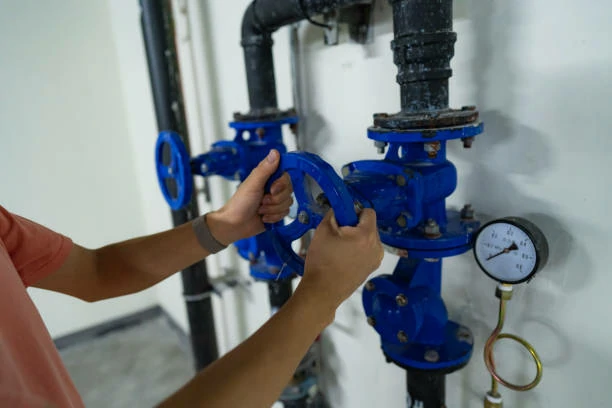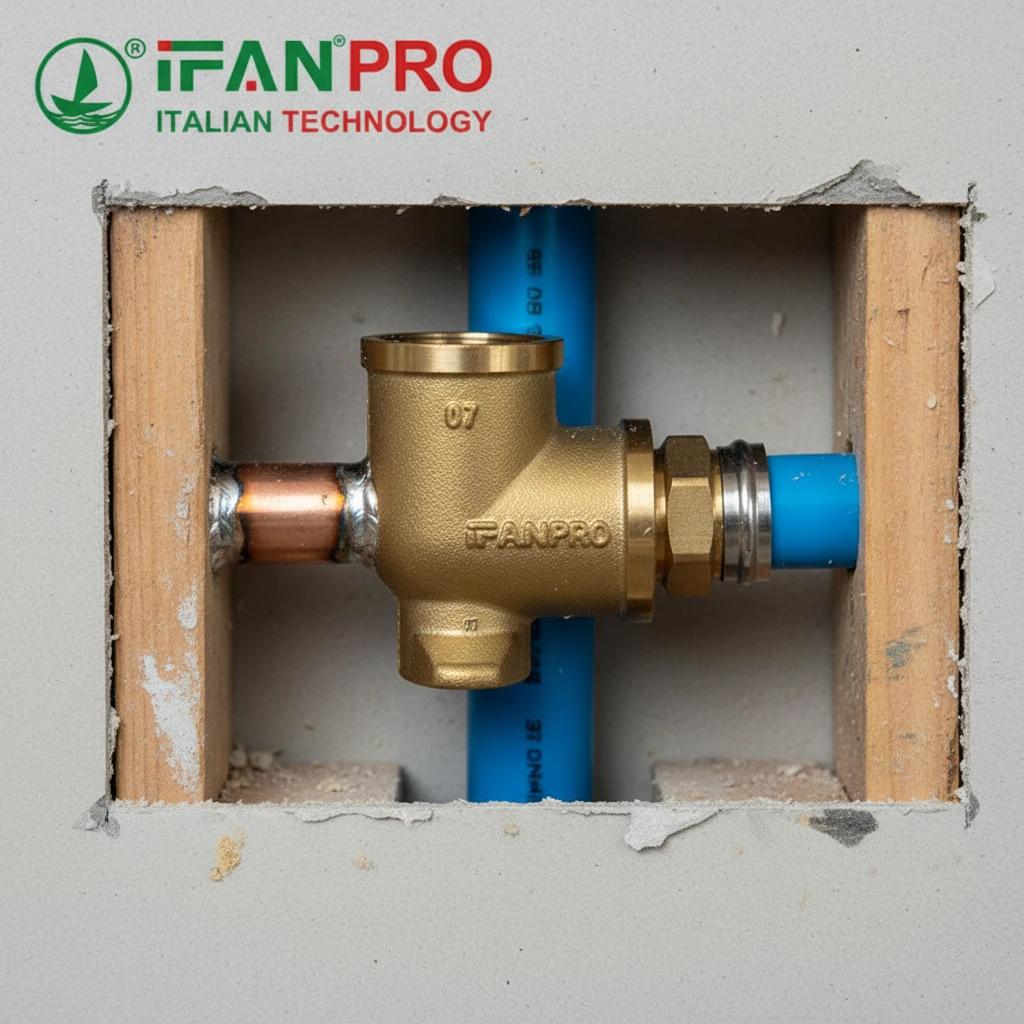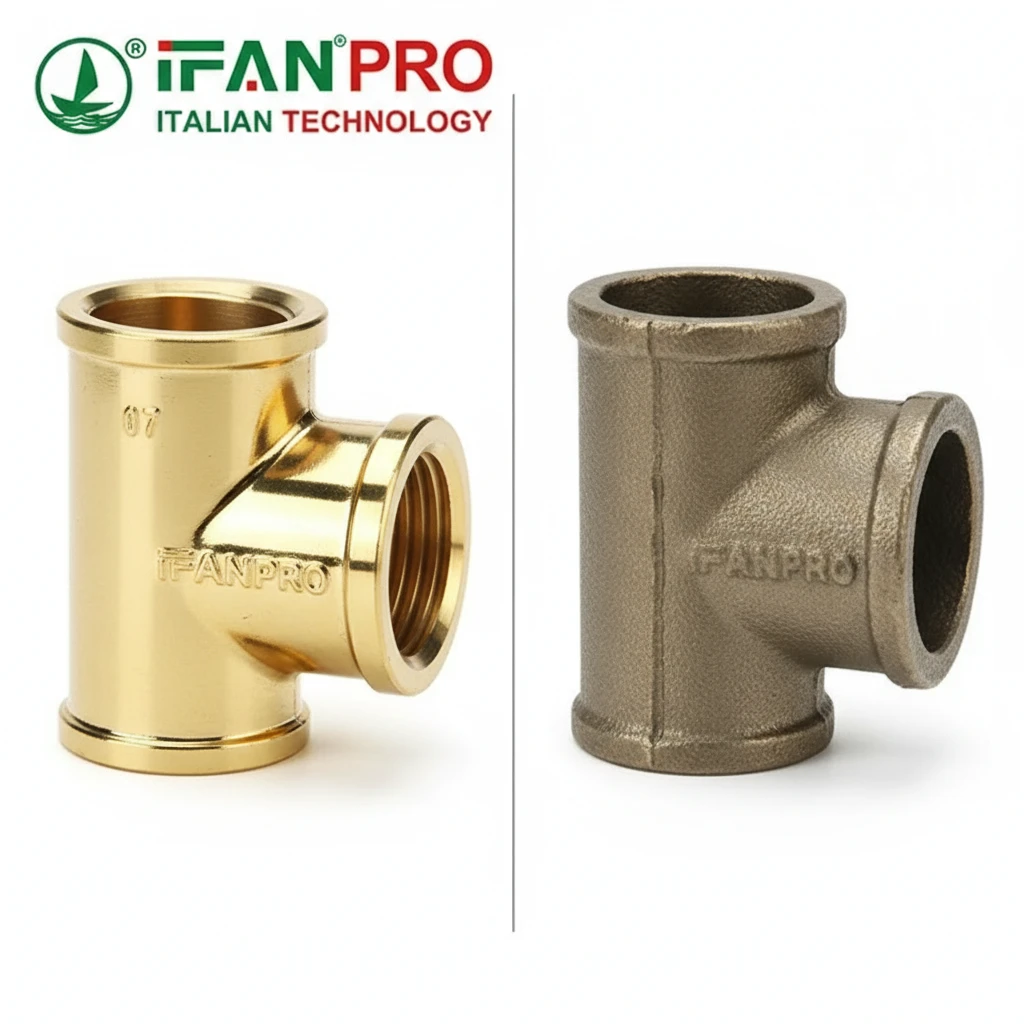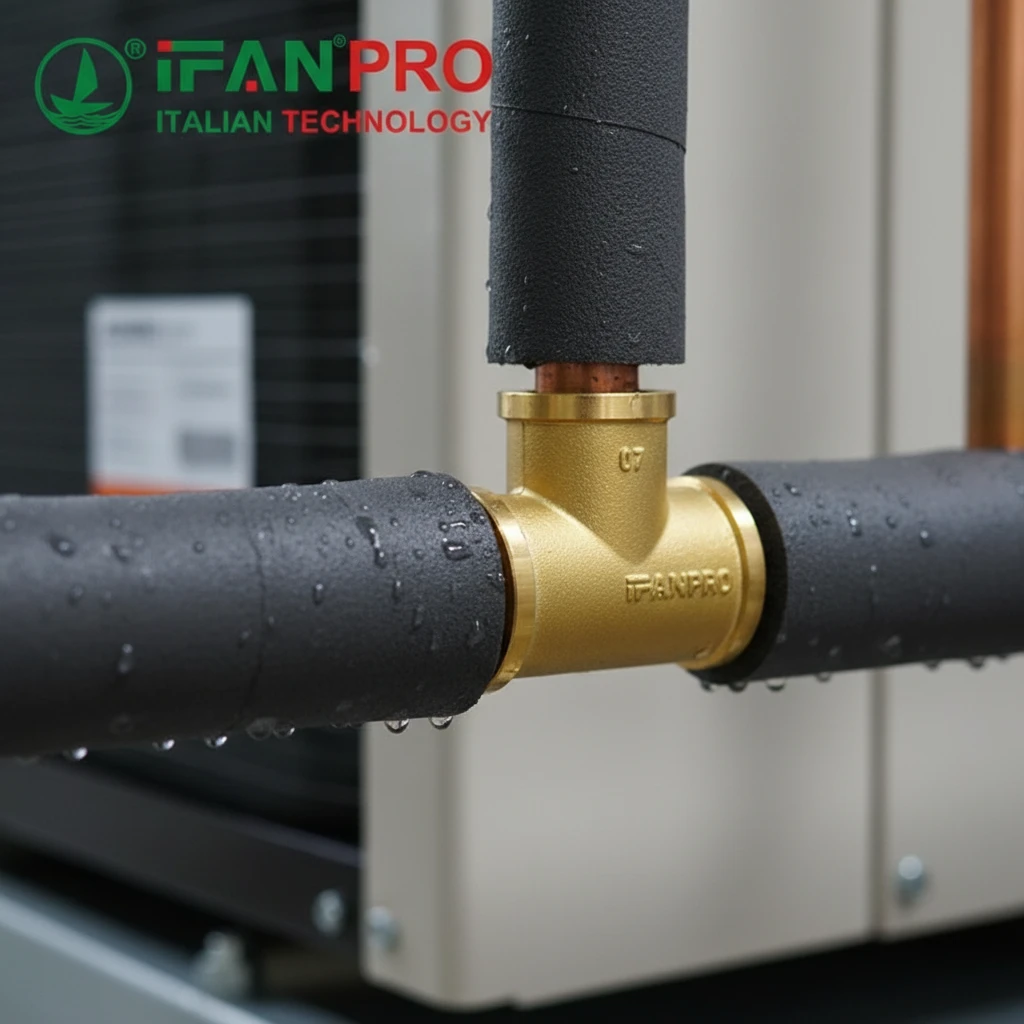Introduction to Gate valve Maintenance
Gate valve play a critical role in controlling fluid flow in many systems, from industrial plants to residential pipelines. Regular maintenance of these valves ensures smooth operations and long-lasting performance. Without proper care, valves may malfunction, leading to costly repairs and system downtime. Maintenance should always be proactive, and periodic checks can prevent issues from escalating. This introduction will guide you through the steps required to keep your gate valves in optimal condition.
Identifying Common Issues in Gate Valves
Several common issues can arise with gate valves, such as leakage, improper sealing, and corrosion. Valve stems may also become jammed, or the disc may fail to fully close. These problems often result from prolonged use, lack of maintenance, or exposure to harsh environments. Recognizing these issues early can help you take corrective measures, avoiding more severe damage. For instance, identifying rust on the valve body early can prevent the corrosion from spreading and weakening the entire system.
Regular Cleaning and Lubrication
A crucial step in gate valve maintenance is regular cleaning and lubrication. Dust, dirt, and debris can accumulate over time, hindering the valve’s performance. Periodically cleaning the valve body and internal components helps maintain its functionality. After cleaning, applying the appropriate lubricant to the valve stem ensures smooth operation. Without lubrication, the valve may become stiff, making it difficult to operate. Always use lubricants that are compatible with the valve material to prevent damage.
Checking for Corrosion and Rust
Corrosion is a major enemy of gate valves, especially in environments exposed to moisture, chemicals, or salt. Regularly inspect the valve for signs of rust or corrosion, particularly around the valve body and stem. If left unchecked, corrosion can cause the valve to become brittle and break. When corrosion is detected, it should be removed immediately using appropriate cleaning agents or methods. If the valve is severely corroded, replacing it is the safest option to maintain system integrity.
Inspecting and Replacing Seals
One of the most critical components of a gate valve is the seal. A damaged or worn-out seal can lead to leaks, reducing the efficiency of the system. During maintenance, always inspect the seals for cracks or signs of wear. If a seal is compromised, replacing it promptly is necessary to avoid fluid leakage. For example, in high-pressure systems, a small leak can cause a significant drop in efficiency, leading to higher operational costs and potential safety hazards.
Proper Adjustment and Alignment
Gate valves need to be properly aligned to function effectively. If a valve is misaligned, it may not fully open or close, resulting in poor fluid control. Checking the valve alignment during routine maintenance can prevent such issues. Adjust the valve stem and ensure the disc moves smoothly within the valve body. In addition, ensuring that the handwheel or actuator is functioning properly will help maintain smooth valve operation.
Troubleshooting Common Problems
Even with regular maintenance, gate valves may encounter issues that require troubleshooting. Common problems include difficulty in turning the valve, fluid leakage around the stem, and incomplete sealing. Troubleshooting these issues involves a methodical approach, such as checking the lubrication, seals, and alignment. For example, if a valve becomes difficult to operate, it may be due to dried lubricant or debris in the valve. Cleaning and relubricating the valve should resolve this issue.
Long-Term Care and Replacement Strategy
Over time, even well-maintained gate valves will need to be replaced. Understanding the lifespan of your valves and when to replace them is essential for maintaining system stability. Regular inspections and performance evaluations will help you determine when a valve is nearing the end of its operational life. Developing a long-term replacement strategy can reduce downtime and prevent unexpected system failures. Always keep spare valves on hand to ensure quick replacements when needed.
Conclusion
Maintaining gate valves is vital for the stability and efficiency of fluid control systems. Regular maintenance tasks, including cleaning, lubricating, and inspecting for corrosion, ensure optimal valve performance. Addressing common issues and following a preventive approach will reduce the chances of system downtime and costly repairs.
| Best gate valve Manufacturers | ||
| Companies | Headquarter/Location | Year Founded |
| IFAN | ZHEJIANG,CHINA | 1993 |
| RAKtherm | UAE | 1963 |
| REHAU | Muri bei Bern, Switzerland | 1948 |
| POLOPLAST | Leonding, Austria | 1954 |
| ERA | ZHEJIANG,CHINA | 1983 |
| LESSO | GUANGDONG,CHINA | 1986 |
PPR piping system international standards
The IFAN PPR piping system adheres to international standards, including ISO 15874 series, EN 15874 series, ASTM F2389, DIN 8077/8078, GB/T 18742 series, and NBR 15884.
Connect
IFAN is a Chinese manufacturer of plastic pipes, fittings and valves with 30 years of experience. If you are interest in IFAN copper fittings, copper valves, plastic pipes and fittings, please contact us. IFAN offers you a variety of standard pipes to meet your specific needs. Click below to learn more about IFAN’s wide range of affordable and cost-effective valve products and piping system related products.
We will reply your email or fax within 24 hours.
You can call us at any time if there is any question on our production.
For more information,pls visit our webside https://ifanpro.com/
Pls Mailto: [email protected]
Whatsapp: + 86 19857948982














Recent Comments